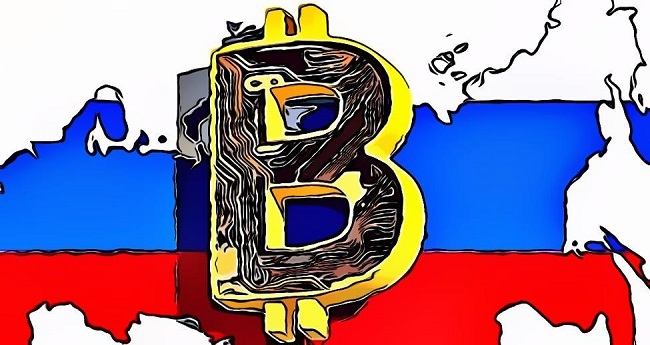According to Russian media publication RBC, Russia has started working on changing the law that currently grants permission to the law enforcement agencies in confiscating and seizing digital currencies such as Bitcoin(BTC)trade.
The Ministry of Internal Affairs of Russia have set the agenda to create a structure of legal mechanism for the confiscation of cryptocurrency and other such digital assets, as reported by the media outlet.
The Ministry of Internal Affairs is working on developing the proposals along with the help of other government departments like the Federal Financial Monitoring Service, also known as Rosfinmonitoring, the Ministry of Justice, Prosecutor General’s Office and custom services along with other agencies. The teams assembled for the task aim to achieve it by the year 2021.
Although cryptocurrencies are difficult to track due to the nature of their anonymous transactions, they can be located and tracked through other methods. One method includes “washing” the assets where otherwise “tainted” digital currencies can be cleared up through facilities that can change virtual coins into other types.
On the other hand, when computer systems are directly seized and are under the custody of law enforcement agencies, they can be used to locate addresses of active cryptocurrency wallets. However, it may be difficult to recover the keys and the law enforcement agencies would have to prove that the crypto wallet belongs to a suspect, which can lead to technical and legal difficulties of the process.
Officials have suggested that to avoid such problems, virtual coins stored on crypto exchanges should be subjected to legal requests by government agencies so they can freeze suspicious accounts or transfer currency to wallet addresses owned by the state. Nikita Kulikov, member of the State Duma’s council claims that similar to computers, mobile phones and other devices that are seized under investigations, virtual assets should also be treated the same as them and seized when necessary.
The news outlet added that in Russia, cryptocurrencies currently reside in the gray area. Hence the need to be categorized as commodity or as equivalent of cash. Developments for the document that was drafted in 2017 have been ongoing in creating the law. The Russian Parliament had its first reading of the law and the second one will be set soon.
Previously, there were discussions of a crypto ruble in Russia, which was meant to be a stablecoin that would compete with Bitcoin even after President Putin deemed cryptocurrencies a serious risk.






